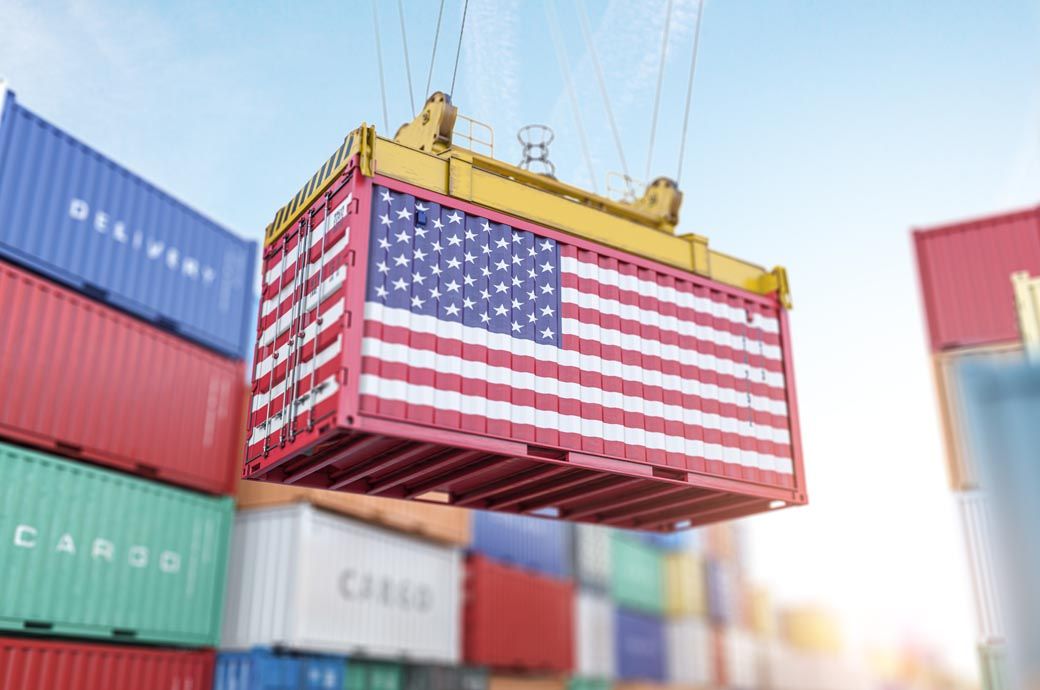
Potential labour strikes, natural disasters and tariff uncertainties are converging, creating a highly volatile environment for global trade. This also led to the pulling forward of orders by retailers, which led to strong inventories in the United States, the advisory noted.
The Germany-based container trading and leasing platform anticipates short-term demand spikes, potential container shortages and fluctuating leasing rates as the US market reacts to these external pressures.
Flexibility, diversification of supply chains and maintaining agility in operations will be critical to mitigating the impact of these disruptions, its advisory said.
In August this year, US container cargo imports surged by 12.9 per cent year on year, with major ports handling nearly 2.5 million TEUs. While this reflects strong freight demand, it also intensifies concerns as labour strikes loom on October 1.
For container trading and leasing companies, these disruptions could lead to significant delays and port congestion, affecting equipment turnaround times.
While the threat of strikes looms large, US inventories are strong now due to the pulling forward of orders earlier this year to avoid existing disruptions. This stockpile will act as an essential buffer, mitigating the risk of container rates spiking dramatically due to the strikes, the advisory noted.
Additionally, with no significant signs of peak season demand strengthening, these strikes might not have as intense an impact as historically seen.
However, the overall impact will largely depend on the duration of the strikes, with prolonged disruptions having the potential to intensify the implications for supply chains, leading to more pronounced bottlenecks and greater challenges in container availability, said Christian Roeloffs, co-founder and chief executive officer of Container xChange.
Maersk has already warned of severe disruptions, noting that even a brief strike could result in weeks of recovery due to accumulated backlogs. The uncertainty is compounded by the fact that the duration of these strikes is unclear—it could be resolved within weeks or drag on for months, as seen with the West Coast strike last year.
In the event of labour strikes, East and Gulf Coast ports will experience congestion, delaying container turnarounds. Traders could face increased demurrage and detention fees as containers remain stuck at the port.
The backlog of cargo could create equipment shortages, raising leasing rates as demand spikes. Some businesses may be forced to reroute shipments through alternative ports, adding logistical complexities and costs.
These uncertainties will fuel market volatility for container trading companies, with unpredictable container prices and availability, the advisory added.
ALCHEMPro News Desk (DS)
Receive daily prices and market insights straight to your inbox. Subscribe to AlchemPro Weekly!